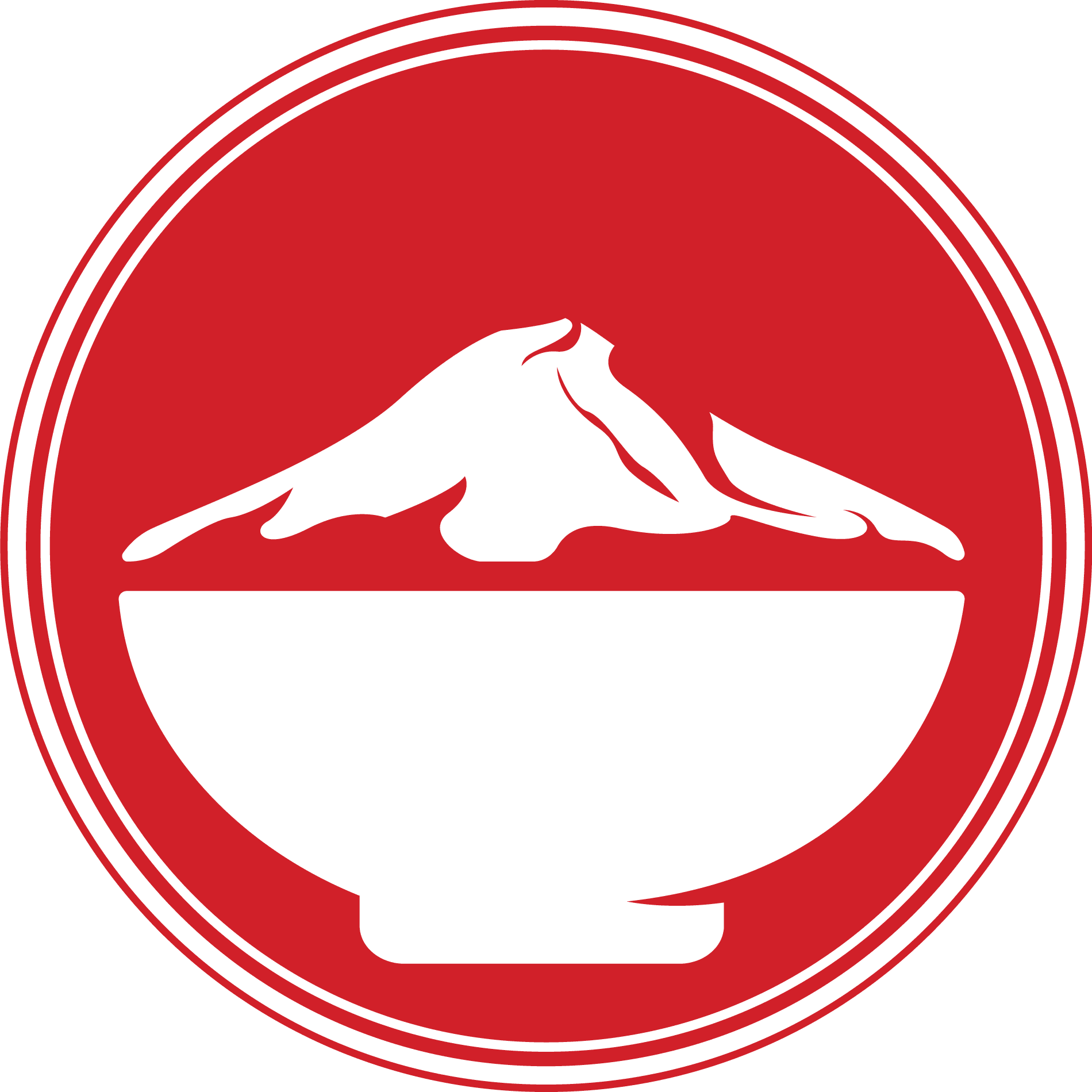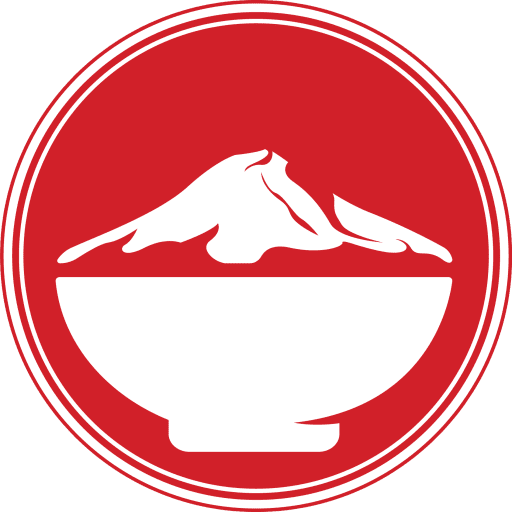You Asked
We Answered
Why do you specialise only in culinary touring?
Japan’s exceptional food scene is so rich and changes so rapidly at every level, from street food to world leading fine dining. It deserves – and needs – dedicated specialists to help navigate the cuisine and dynamic hospitality scene to get the most out of every trip.
How did your food adventure in Japan begin?
Umai Japan is a fusion of three minds who are hooked. Twenty-four years ago Jason, our culinary expert, moved to Japan and made it his home. Working with the restaurant and cookware sectors in Japan and across South East Asia, he explored the country with a culinary focus, while refining his own skill in the kitchen. Meanwhile Ben, Umai’s founder, began travelling regularly to Japan 12 years ago after fostering a lifelong love for Japanese culture. He at once set about expanding his repetoire of dining destinations to enjoy the best of Japan’s extensive offering. Risano, born and bred in Tokyo, developed her passion for food and creating the best possible guest experience through her family’s restaurant.
Do you have local guides to help us in Tokyo?
Yes. Umai Japan has guides in Tokyo as well as several centres outside of the city. In fact several of our activities include a guide to help enrich visitors’ experiences of the food, local traditions and history. Outside of these, we create digital mobile-accessed programs for our clients that make it easy to immerse yourself in Umai’s culinary encounters independently. With detailed information on locations, transport options, pre-arranged transport where required, and interactive bookmarks on Google Maps for portable instant directions, Umai Japan will unlock your confidence and take you there.
How long in advance do I have to book?
If time is on your side, we recommend getting in touch with Umai Japan four to six months prior to your trip. While some hard-to-get-into restaurants take reservations long in advance, others only open their books a couple of weeks prior to the dining dates. When we discuss your preferences, we will advise the booking process for each venue and provide multiple quality alternatives should any be unavailable.
Can you assist with culinary travel outside Tokyo and other major centers?
Gourmet and general travel in Japan outside the major cities is as easy and safe as in the capital. English is common in medium to larger cities and payment using foreign cards is almost universal. In more regional and rural centers English is less common but a few key phrases and some occasional help from Google Translate should get you by. Quality accommodation can be had for very reasonable prices in regional destinations and Umai can help curate trips to the best dining destinations Japan’s regions have to offer.
What if I have any food allergies or dietary restrictions?
We ask all clients to advise us of their requirements during the process of creating a tailored itinerary, and any dietaries will be taken in to account. For broader information on this while travelling in Japan, please read on!
High end restaurants in Japan will often ask if there is anything guests cannot or don’t eat. These will then adapt what is served to requirements. Vegetarian and vegan options are expanding, but are nowhere near as numerous as in some parts of the world. This said, there are usually enough meat free choices for vegetarians to be very happy, and pescatarians will have no issue given place seafood holds in Japanese cuisine.
It’s very common in Japan for a restaurant to specialise in perfecting a specific dish, like ramen, tempura or sushi/sashimi for example and to offer a few other accompanying choices. These places will not often ask about dietaries, but will do their best to accomodate if you have an allergy and let them know. However, these, and most non-high-end restaurants, the smaller menu, speed of service and delivering customers competitive prices, may limit how far they can go with alterations to their offering. One comforting factor is that peanuts, a major source of potentially dangerous allergic effects, is not a common ingredient in Japan, except at venues offering Chinese, Thai and other Asian cuisine. They are not grown in Japan, are expensive, and are not a part of its traditional diet. For those with serious issues with any allergen, it pays to let your hosts know. As always, if you carry an Epipen or similar medication for allergic episodes, you should also do so in Japan.
For religious dietary limitations, Japanese people do eat a lot of pork and shellfish, and no other meats would prepared or supervised as Kosher or Halal, and it can be assumed that they are not.
What about visas, customs, etc. can you help with those?
Currently visitors from Australia, the US and England do not need visas to travel for up to 90 days in Japan. Up-to-date information regarding Visa requirements can be found HERE. While we are not a general travel agency, we would be delighted to help as best we can with any travel questions you may have.
Can you help with non-food related experiences in Japan?
While Umai Japan specialises in culinary experiences, our passion for Japanese culture extends to plenty of activities and experiences that will help complete your perfect program in Japan. This includes boutique accommodation recommendations in most major cities and regions outside Tokyo.
What type of food program do you mostly recommend?
This is where Umai Japan differs from other food tours out there, as we create custom programs for each of our clients based on their interests and preferences. Your Umai encounter will be as individual as you.

